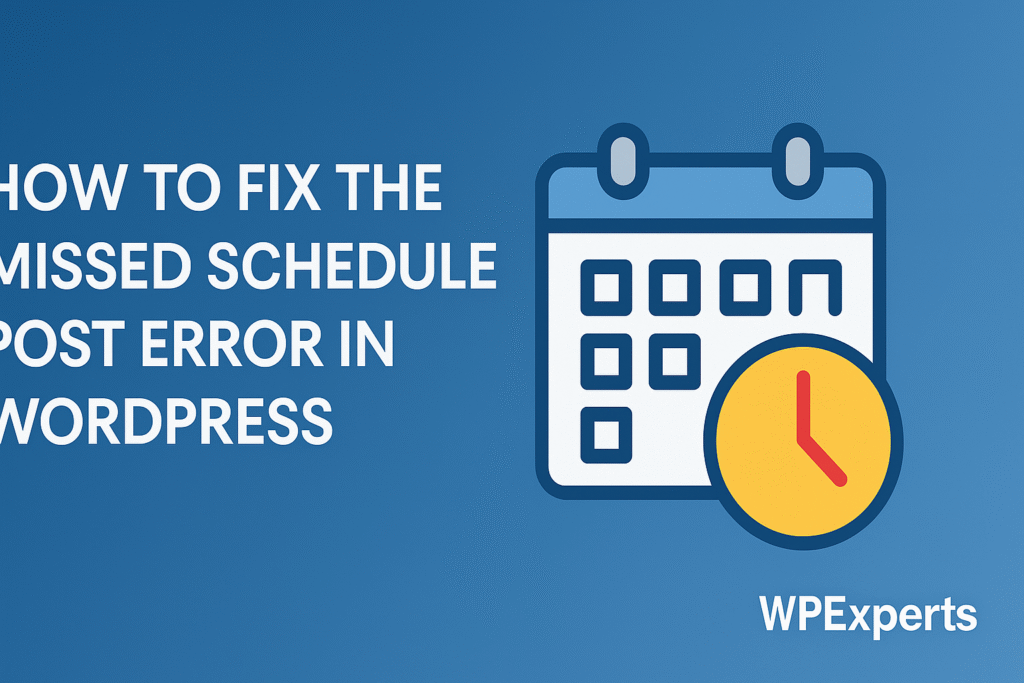Add SEO Keywords in Blogger
Unfortunately, Blogger doesn’t have a dedicated field for entering keywords like WordPress does with plugins like Yoast SEO. However, you can still optimize your blog posts for search engines by focusing on other important SEO elements.
Here’s how you can improve your Blogger SEO:
Best Laptops & Tablets
1. Keyword Research:
- Identify relevant keywords: Use tools like Google Keyword Planner to find keywords related to your blog’s content.
- Focus on long-tail keywords: These are more specific and less competitive.
2. Optimize Your Blog Posts:
- Title Tags: Include your main keyword naturally in the title of your post.
- Meta Descriptions: Write compelling meta descriptions that include your target keyword.
- Header Tags: Use header tags (H1, H2, H3) to structure your content and incorporate keywords.
- Image Optimization: Use descriptive file names and alt text for images, including relevant keywords.
- Internal Linking: Link to other relevant posts within your blog to improve navigation and distribute page authority.
- External Linking: Link to authoritative sources to enhance your content’s credibility.
3. Blog Labels:
- Use relevant labels: Blogger’s labels are similar to categories. Use them to categorize your posts and include relevant keywords.
- Create specific labels: Avoid broad labels and use more specific ones to improve search visibility.

4. Custom URLs:
- Create keyword-rich URLs: Customize your post URLs to include relevant keywords.
5. Blog Structure:
- Clear and concise content: Write well-structured and easy-to-read content.
- Mobile optimization: Ensure your blog is mobile-friendly.
Remember:
- Keyword stuffing is a bad practice and can harm your SEO. Use keywords naturally within your content.
- Focus on user experience: Create valuable content that people want to read, not just optimize for search engines.
- Monitor your performance: Use Google Analytics to track your website’s performance and make adjustments as needed.
While Blogger may have limitations compared to other platforms, by following these steps and consistently creating high-quality content, you can improve your blog’s visibility in search engine results.
Would you like to know more about any specific SEO technique or how to use Google Analytics for your Blogger blog?
Best SEO for Blogger
While Blogger doesn’t offer the same level of SEO control as platforms like WordPress, you can still implement effective strategies to improve your blog’s visibility in search engine results.
On-Page SEO
- Keyword Research: Identify relevant keywords using tools like Google Keyword Planner.
- Title Tags: Create compelling and keyword-rich titles for your posts.
- Meta Descriptions: Write concise and engaging meta descriptions that accurately reflect your content.
- Header Tags: Use header tags (H1, H2, H3) to structure your content and incorporate keywords.
- Image Optimization: Use descriptive file names and alt text for images.
- Internal Linking: Link to relevant posts within your blog to improve navigation and distribute page authority.
- External Linking: Link to authoritative sources to enhance your content’s credibility.
- Blog Labels: Use relevant and specific labels to categorize your posts.
Technical SEO
- Mobile-Friendliness: Ensure your blog is optimized for mobile devices.
- Page Loading Speed: Optimize images and minimize plugins to improve loading speed.
- Site Structure: Create a clear and logical site structure with easy navigation.
- XML Sitemap: While Blogger doesn’t generate an XML sitemap automatically, you can create one manually or use third-party tools.
Off-Page SEO
- Social Media Promotion: Share your blog posts on social media platforms to increase visibility.
- Guest Posting: Contribute to other blogs in your niche to build backlinks.
- Backlink Building: Focus on creating high-quality content that naturally attracts backlinks.
- Engage with Your Audience: Build relationships with readers through comments and social interactions.
Additional Tips
- Consistency: Regularly publish high-quality content.
- Analytics: Use Google Analytics to track your blog’s performance and make data-driven decisions.
- User Experience: Prioritize a positive user experience with clear and easy-to-navigate content.
Remember: While Blogger has limitations compared to other platforms, with consistent effort and focus on creating valuable content, you can achieve good SEO results.
Would you like to focus on a specific area, like keyword research or building backlinks?


